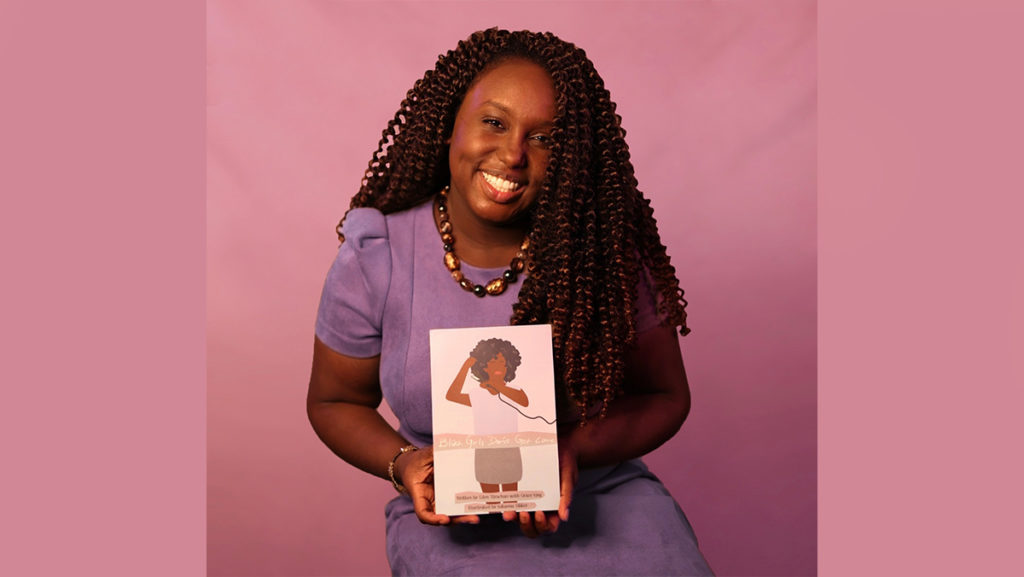“Turn silence into language because your silence will not protect you.”
I read these words by Audre Lorde my sophomore year of college as part of an assigned reading for my Black Feminist Theory class. Little did I know, these words would change my life. They would change the way I saw myself and my perspective on the experiences of Black women and girls, who are largely overlooked in society. At the time of reading Lorde’s writings, I had yet to learn about the criminalization and adultification of Black girlhood or have an understanding of harmful societal structures that reinforce the oppression of women of color. These works taught me the language that I needed to articulate the challenges that Black women and girls face in society. They also gave me the confidence to believe that studying and building work around the Black female experience was legitimate and necessary.
In the coming months, after reflecting on the things I learned, I coined the title, “Black Girls Don’t Get Love.” It was always my intention to let these words stand on their own, but as I have learned, context matters.
Typically, in conversations about Black mental health, Black women are often focused on due to recent societal efforts to dissect the “strong Black woman” trope that has plagued society for decades. While this work has been pivotal to the dialogue on race in America, the experiences of Black girls have largely been overlooked in the conversation. Using a multimedia approach, “Black Girls Don’t Get Love” addresses the erasure of Black girlhood by providing the opportunity for Black girls to come of age and process the experiences they have by consuming authentic stories made for and by a Black girl.
[slideshow_deploy id=’43937′]
On Valentine’s Day, February 2022, “Black Girls Don’t Get Love” was released as a children’s book on Amazon, made for middle and high school age students. Zoe, the book’s main character is used to represent and magnify the shared experiences of Black girls across the country who regularly face microaggressions and other defining moments that force them to become the “strong Black woman” the world so wrongly admires.
Prior to the book’s release, the “Black Girls Don’t Get Love” team did this through a photo series and used social media to document the stories of young ladies of color, many of them from the Ithaca College community.
The “Black Girls Don’t Get Love” team also hosted a book launch party presented by the IC Ujima Black Student Union where over 70 people, including young girls from the Southside Community Center Black Alchemist group, listened to a staged reading of the “Black Girls Don’t Get Love” book, performed by actors from the Ithaca College Department of Theatre Arts.
Upon the arrival of the Black Alchemist group, my team and I honored the girls with roses and tiaras to make sure they felt seen and celebrated at our event.
Right now, our team is working with the PGR Foundation, Inc. in Syracuse to plan the “Black Girls Don’t Get Love” Prom, a formal event that is specifically designed to celebrate and acknowledge girls of color. We want this to be a night to remember for Black girls, where they feel special, not because of who asked them to the event, but because of who they are. We are building the “Black Girls Don’t Get Love” brand to be about an experience, so every time women and girls of color interact with our community, they feel seen and celebrated for the skin they’re in.
In addition to creating a safe space for women and girls of color, we are also intentional about fostering dialogue with our non-Black, Indigenous people of color-identifying community members because we believe to be most effective in our work, we must all grow and heal together. We have a lot of work to do, but are proud of the community we are building and are grateful for those who are a part of it. Working together, we’re hopeful that someday soon, #blackgirlswillgetlove.














